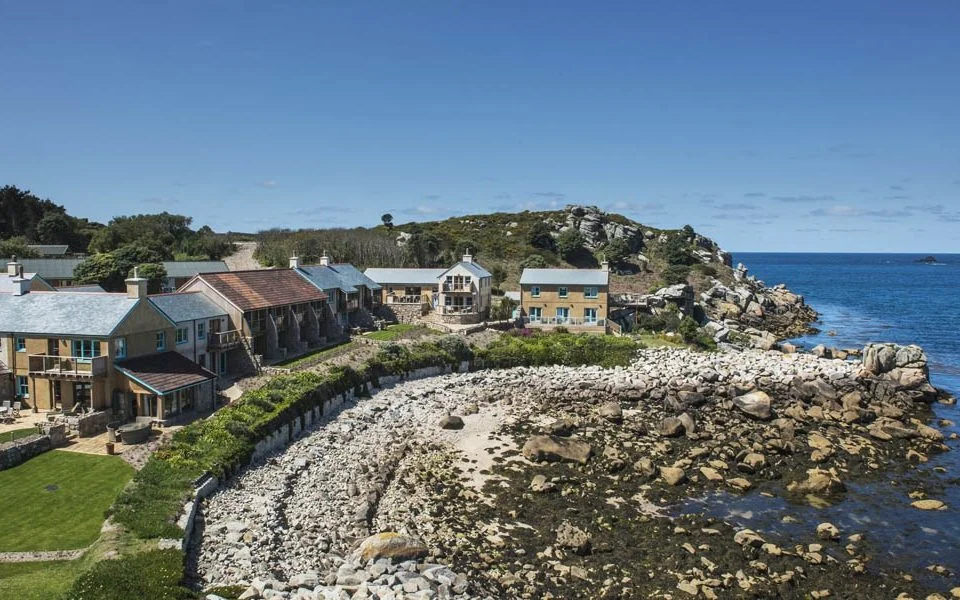A holiday home can seem like a highly luxurious investment, and many people decide to purchase them. However, just because they are becoming popular doesn’t mean it’s a decision that you should rush into.
Properties are expensive, and you want to ensure it’s the right choice. Otherwise, a lot of your hard-earned savings will go down the drain. Same as with timeshare vacation ownership, if you fail to pay its maintenance fees and other expenses, this could take you to foreclosure on timeshare.
In this article, we are going to talk about some of the pros and cons of buying a holiday home.
Are you interested in learning more? Then let’s get started.
Table of Contents
Pros:
You can save on accommodation.
One of the best advantages of holiday houses is that you can save significantly on accommodation. For example, by investing in real estate in Colorado, you can experience visiting the vail ski resort and all the beautiful national parks without paying for camping sites or hotel rooms.
For those that travel to the same destination regularly, it really is a lifesaver. You have the potential to save thousands and can enjoy all the benefits of residing in your own house, such as cooking your own meals.
You aren’t restricted by hotel rules.
It’s important to abide by the rules when staying in a hotel or resort. Sometimes children aren’t allowed, you can’t have parties and must be quiet after a specific time.
Staying on your own property eliminates all of these restrictions. You can do whatever you want, provided you don’t upset the neighbors, and as a result, it can make for a more relaxing vacation.
It acts as an investment.
Buying any home, whether it be for you to live in permanently or not, is a low-risk investment. This is because you can always sell in the future and generally make back what you paid due to appreciation.
Unlike things such as cryptocurrency and stocks, there is no fear of suddenly losing your finances. Instead, it’s a perfect way to prepare for your retirement and even becomes a great building block for your children’s nest egg.
Friends and family can utilize it.
Having a second home also has benefits for your friends and family. You’ll be able to let them stay, maintain and check on the property if they are visiting the area nearby.
In short, your home will get more use than you may have initially thought. Not to mention you’ll be a new family favorite and may even get to use other relatives’ properties as a thank you.
You can always rent it out.
Your holiday home doesn’t have to stay empty when you’re not there. A great way to make some extra cash is to consider turning it into a short-term rental, such as an Airbnb.
You still get the option to block off specific periods but can also make money during the rest of the year. That being said, they do have their own sets of pros and cons that you will need to look further into.
Yes, they can make you a nice profit, but to be a good host, you’ll need to be on call for any issues, which can get rather tiring. There are also costs to consider, such as cleaning and laundry fees.
Check out these things that you should know here before you make your final decision.
Cons:
They require regular maintenance.
If you own a home already, you probably know how much maintenance they require. Alongside general cleaning, you must mow the lawn, weed, and clean the gutters.
Since a holiday house can be far away, it’s not exactly easy to do these tasks yourself. You’ll often need to hire others so that everything stays in tip-top shape.
They don’t get a lot of use.
Since holiday homes are for vacations, they really won’t get a lot of use. Ordinary workers don’t have the spare time to take regular trips, and you may want to spend your free days at other destinations.
Of course, some of the pros we mentioned can help you get your money’s worth, but it’s still not essential for everyone. Will you really get to enjoy it the way that you hope?
You can’t frequently check on its condition.
If you decide to rent out your property when you aren’t on vacation, it’s challenging to ensure it is in good condition. You’re often relying on the word of cleaners and tenants and may not have a chance to check that everything is ok yourself.
Many owners return after a few months, only to discover that the place has been trashed and nothing has been maintained. This can end up reducing its overall value later on if you wish to sell.
They have hidden costs.
We already talked about regular maintenance to upkeep your home, but what you also have to remember is that they have other hidden costs too. For example, even if you’re not using electricity and water, you may still have to pay certain fees.
Things such as insurance can also add up to be rather significant. You’ll need to include all of these into your budget, alongside your primary residence. Not everybody has the income to manage multiple places.
Not every property will increase in value.
Finally, while most property values tend to increase over time, that isn’t always the case, especially with holiday homes. If you don’t purchase carefully and don’t spend adequate time assessing what makes an excellent investment, you could end up losing money.
Again, since it’s hard to know the state of your property, it makes future selling more complex. The home may end up with hidden complications, such as structural damage and pests that are expensive (and even impossible) to repair or remove.
Final words:
As you can see, owning a holiday home has equal advantages and disadvantages. So, before you decide, consider everything carefully and do extensive research. While they can be a great investment for some, they might not be worth the hassle for others.
What do you think? Do you think it’s wise to purchase a holiday house?










